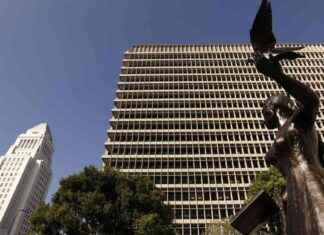A recent study published in PLoS Global Public Health explored the effectiveness of park runs in enhancing life satisfaction and reducing physical inactivity. Park runs are community events that offer free access to physical activities and have been shown to improve physical and mental health, lifestyle, and social connections.
The study included 548 newly registered park runners who reported an average of 3.1-3.4 days of physical activity per week. While the level of activity remained consistent over six months, life satisfaction significantly increased from 7.489 to 7.746 on average. The most substantial improvements were seen among individuals who were least active at baseline.
The study estimated that the total value of improved life satisfaction for the 400,167 participants over six months was £667.4 million. Park runs were found to be more cost-effective than other interventions targeting physical activity, with a benefit-to-cost ratio ranging from 16.7:1 to 98.5:1.
The success of park runs in enhancing life satisfaction is attributed to increased physical activity, which positively influences mental well-being. Park runs also offer a structured community event that is affordable and promotes social connections among participants.
Although park runs have shown significant benefits in improving life satisfaction, further research is needed to explore the long-term sustainability of these improvements and identify other factors that may contribute to overall well-being. The study highlights the potential economic benefits of park runs and emphasizes their value in promoting physical activity and social welfare.







